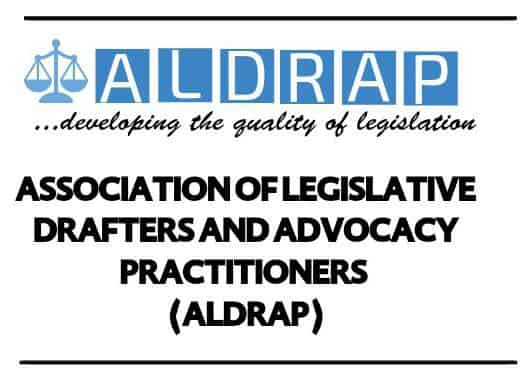CurrentReport Blog In a significant move, the Association of Legislative Drafting and Advocacy Practitioners (ALDRAP), a civil society organization comprising legal professionals, has announced its intention to challenge the recently signed National Anthem Act, 2024. The Act reintroduces the old national anthem, “Nigeria we hail thee,” replacing the more familiar “Arise, O Compatriots.”
ALDRAP’s decision to file the lawsuit at the Federal High Court was detailed in a statement signed by Dr. Tonye Clinton Jaja, the organization’s Secretary. According to the statement, the enactment of the National Anthem Act, 2024, did not adhere to the constitutional procedures outlined in the 1999 Nigerian Constitution.
Grounds for the Lawsuit
ALDRAP cited several reasons for contesting the Act:
- Lack of Public Hearing: The Act was passed without a public hearing, violating Section 60 of the 1999 Nigerian Constitution, which mandates public participation in the legislative process.
- Absence of Public Contribution: Unlike the enactment of the previous national anthem in 1978, the public was not invited to contribute to the decision-making process.
- No Presidential Transmission: There was no official communication from the President to the National Assembly leaders regarding the Bill.
- Unbudgeted Expenditures: The costs associated with implementing the new anthem were not included in the Federal Republic of Nigeria’s 2024 budget, raising concerns about financial legality.
Financial and Practical Concerns
ALDRAP also highlighted the substantial financial burden the new law would impose on citizens and government institutions. These costs include man-hours for learning the anthem, changes to official documents, and other related expenses. The organization argues that these financial demands are unfair to ordinary citizens, who would bear the costs without any increase in income.
Legal Precedent
The lawsuit references the case of Attorney-General of Bendel State vs. Attorney-General of the Federation (1981), arguing that any law failing to comply with legislative procedures is null and void. ALDRAP maintains that the National Anthem Act, 2024, falls into this category.
Respondents in the Case
The lawsuit lists several high-profile respondents, including the President of the Federal Republic of Nigeria, the President of the Senate, the Speaker of the House of Representatives, the Clerk to the National Assembly, the National Wages and Salaries Commission, the Revenue and Fiscal Allocation Commission, and the Accountant-General of the Federation.
Public Reaction
The reintroduction of “Nigeria we hail thee” has sparked widespread debate and controversy. Many Nigerians question the necessity of changing the national anthem amid pressing economic and security challenges. Former Minister of Education Obiageli Ezekwesili has publicly stated she will not sing the reintroduced anthem, reflecting the broader public dissatisfaction.
Presidential Defense
President Tinubu defended the reintroduction of the old anthem as a priority during a meeting with the Arewa Consultative Forum at the State House in Abuja. According to his spokesman, Ajuri Ngelale, Tinubu emphasized his agreement with the National Assembly on this decision despite public criticism.












